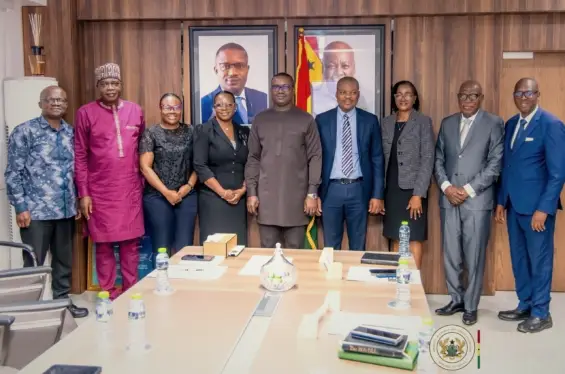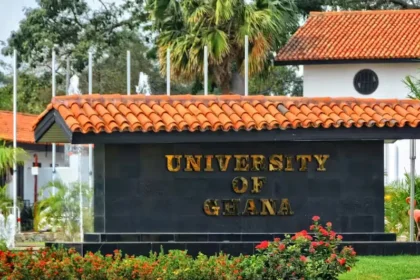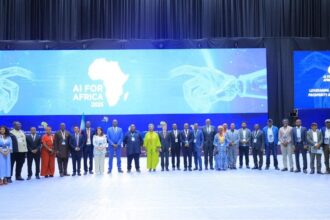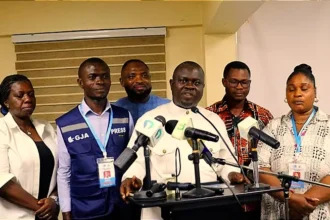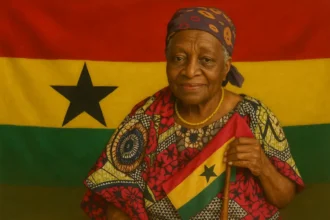Energy Minister John Abdulai Jinapor has sworn in a newly reconstituted board for the Energy Commission, handing them a formidable to-do list that reads like a blueprint for the sector’s future.
The inauguration ceremony in Accra was more than a formality; it was a strategic briefing where the Minister laid out a clear, urgent, and ambitious set of priorities for the six-member team. At the heart of his directive was a dual mission: to secure Ghana’s energy independence and to steer the country firmly toward its green energy goals.
“Ghana stands at a pivotal stage,” Minister Jinapor stated, capturing the high stakes of the moment. He charged the board with providing the critical advice needed to advance “Ghana’s green transition and energy security,” two objectives that are increasingly intertwined.
The board’s mandates translate into these concrete, actionable pillars:
- Boosting Private Investment in Distribution: This is a direct nod to the financial and operational challenges facing the Electricity Company of Ghana (ECG). With frequent revenue shortfalls and technical losses, bringing in private capital and expertise is seen as a vital step to modernize the aging distribution network and improve efficiency for consumers.
- Accelerating Gas Adoption: With the Sankofa field offshore and the Atuabo Gas Processing Plant, the country has a cleaner-burning alternative to crude oil. Pushing industries and power plants to switch to gas is a key part of the plan to reduce emissions and, crucially, stabilize costs. As Jinapor noted, this is about using gas as an essential “transition fuel” on the path to a greener future.
- Implementing Liquid Fuel-to-Gas Swaps: This technical-sounding initiative has a very practical goal: saving money. By converting power plants that currently run on expensive imported light crude oil (LCO) or diesel to run on domestically produced natural gas, the government hopes to significantly cut the cost of power generation.
- Standardizing Power Purchase Agreements (PPAs): This may be the most key reform. The legacy of the past “dumsor” era is a patchwork of PPAs, many of which are blamed for saddling the nation with excess capacity charges, paying for power it doesn’t use. Standardizing future agreements will bring transparency, predictability, and better fiscal sense to how Ghana buys power from independent producers.
The Board Members
Leading the commission is Board Chairman Prof. John Gartchie Gatsi, a respected economist and Dean of the University of Cape Coast Business School. He brings a sharp understanding of the delicate balance between economic policy and energy management.
In his acceptance speech, he pledged the board’s alignment with government priorities, emphasizing the commission’s core mandate to balance the often-competing demands of energy affordability, reliability, and sustainability.
He is joined by a team of seasoned experts, including Ing. Mrs. Eunice A. Biritwum (the Commission’s Acting Executive Secretary), Dr. Audrey Smock Amoah, Mr. Danny Adzei Anang, Ms. Yorm Ama Abledu, Prof. Dr. Ernest Ofori Asamoah, and Hon Naser Mahama Toure, all of whom bring decades of combined experience in energy regulation, engineering, and policy.
This new board is therefore seen as a key part of the solution. Their mandate to “provide strategic direction and good governance” is, as the Minister bluntly put it, “non-negotiable.”
The message from the Ministry was clear: the era of ad-hoc solutions is over. The path forward requires bold, innovative, and transparent leadership to build the resilient energy infrastructure Ghana needs to power its economy for the next generation. The nation will be watching closely to see if this new board can finally help flip the switch on lasting reform.


